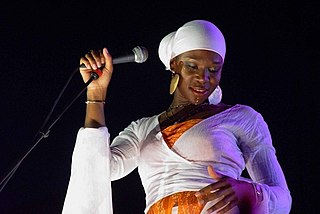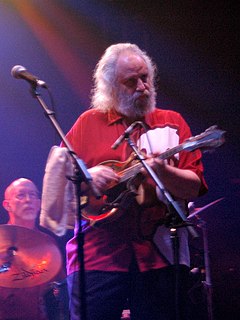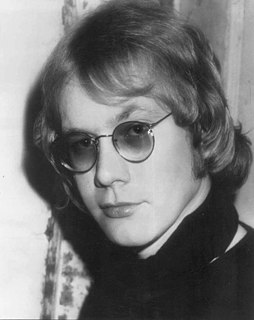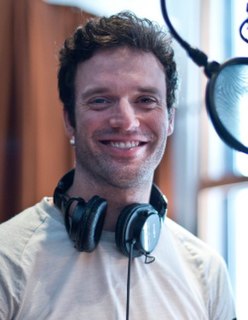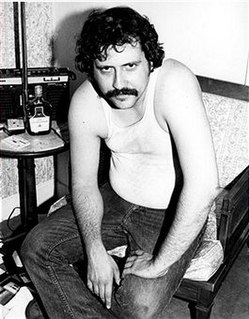A Quote by Paul Stookey
In the early 60s, folk music seemed to be very popular. In the early 70s, people like James Taylor, John Denver, Jim Croce and Cat Stevens brought back the interest in acoustic music. Today, we don't hear anything.
Related Quotes
Early American music and early folk music, before the record became popular and before there were pop stars and before there were venues made to present music where people bought tickets, people played music in the community, and it was much more part of a fabric of everyday life. I call that music 'root music.'
When I was a kid, a lot of my parents' friends were in the music business. In the late '60s and early '70s - all the way through the '70s, actually - a lot of the bands that were around had kids at a very young age. So they were all working on that concept way early on. And I figured if they can do it, I could do it, too.
My music doesn't really sound like punk music, it's acoustic. And it doesn't really sound like folk music 'cause I'm thrashing too hard and emoting a little too much for the sort of introspective, respectful, sort-of folk genre thing. I'm really into punk and folk as music that comes out of communities and is very genuine and very immediate and not commercial.
When I began writing poems, it was in the late 60s and early 70s when the literary and cultural atmosphere was very much affected by what was going on in the world, which was, in succession, the civil rights movement, the antiwar movement, and the women's movement in the 60s, 70s, and into the early 80s. And all of those things affected me and affected my thinking, particularly the Vietnam War.
When you listen to the Anthology of American Folk Music, or anything like that - a compilation of garage bands from the Northeast in the early '60s - you're not necessarily listening to the band and thinking about the lead singer, or the story of the group, or the context or the mythology of the group. You're just listening to the song and whether or not it has a hook.






